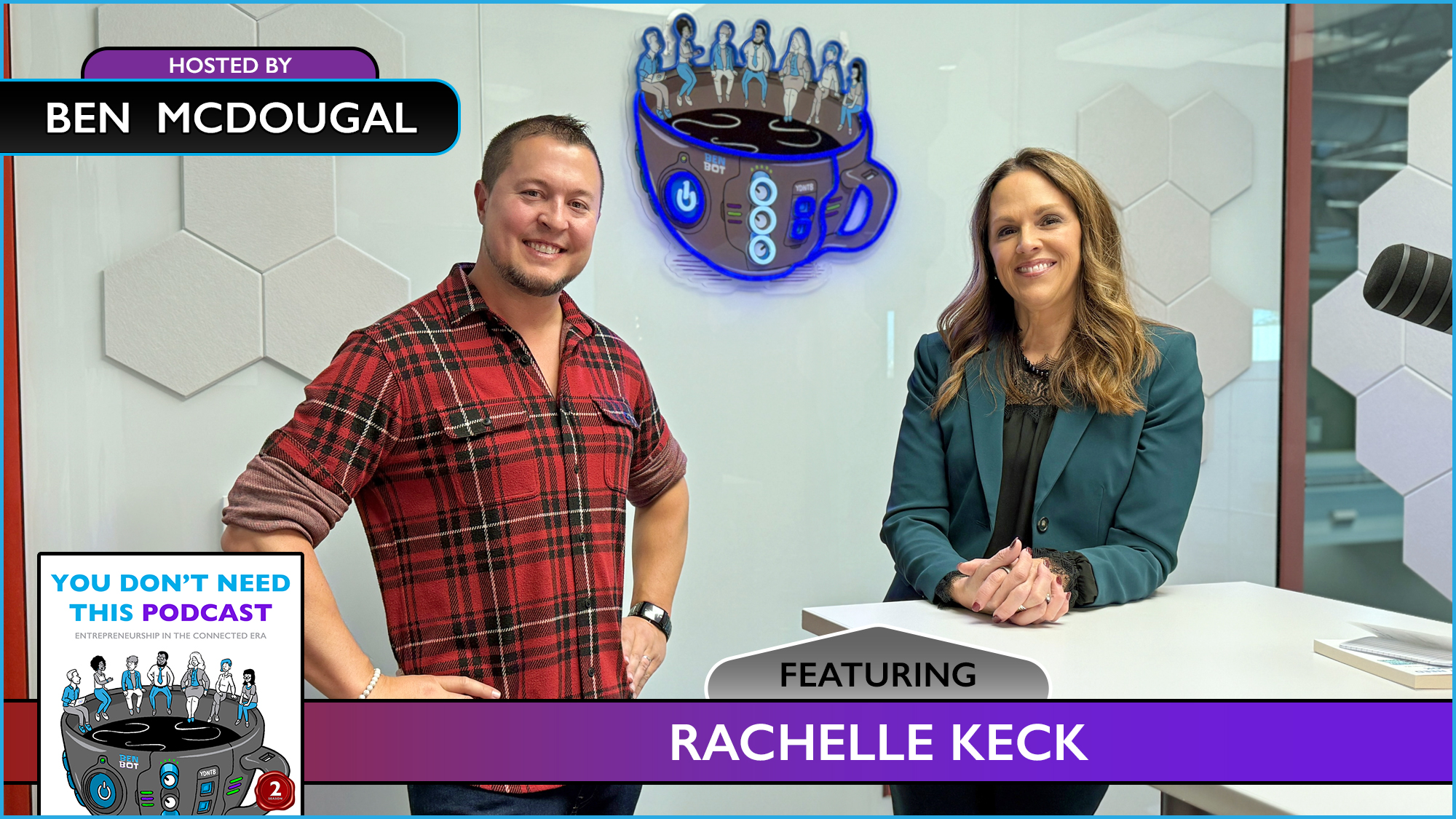Roasted Reflections is a collection
of writings I’ll be proud of forever
and this is the finishing touch…
As I think back, I was never much into reading or writing. I did what was required to play the game of school. Back in 2004, after earning a computer science degree from Loras College and as I started building my career, countless website proposals and client emails had to be where my proficiency with creative writing started to form. This was when the Internet was new, so every business owner began to realize they needed a decent website, even if they didn’t know why. My ability to translate nerd to normal (and normal back to nerd), helped me collaborate with leaders in countless industries. Hearing how people built their companies and helping to compile stories made content creation an indirect, but ongoing element to my early practice.
Writing was also important in my entrepreneurial ventures. It helped me launch The Iowa 3v3 Soccer Challenge and then a global social network for video game enthusiasts. The amount of content I forged into Gathering of Gamers and Tournament Seeker was epic. When I retired from web development after 8 years and $1M+ in sales, a multimedia marketing move into home building also had me creating a castle of content and with each new side hustle, more words were always required. For instance, I designed everything on FliteBrite, OpenOpen, and Chatty, just to name a few.
I stretch back into the past, because it reveals how writing is fundamental to modern communication. AI and ChatUX is transforming how it’s done, but content creation has enhanced my career in digital marketing and has fueled all of my innovative aspirations. Along with articulating ideas in compelling ways, my writing has been focused on entrepreneurship for a long time. My own creative seasons have been enlightening, but all that I’ve learned from leaders like you, has been monumental in understanding the entrepreneurial lifestyle. Along with career nirvana for myself, I’ve seen how building a business activates an abundance of lasting purpose, shared motivation, and personal growth!
Alright, fast forward to January 1, 2020.
As I started writing my first book by copying the Table of Contents into a blank document, there was never a doubt I could articulate deep understandings into tight spaces. From start to finish, writing You Don’t Need This Book and building Pour Over Publishing to support the publishing process took 1.25 years. Toward the end of this journey, it became clear that BenMcDougal.com needed to be a more prominent place. Thanks to a lifetime of building online, as my personal website came together, I had a stockpile of content. Along with everything on different websites and throughout social media, I had crafted (37,456 words) for YDNTB, which delivered a wonderful well of my very best writing.
Extending my book with a blog was not the original plan. It felt important to make my website shine, but I had never published art on such a rigid timeline. Seth Godin suggests we ship art every day, so while I considered a daily blog, I had to be realistic. Everything I write about are relics for people who mean the world to many, so delivering on a promise was my only option. As I considered how often to publish new articles, feedback kept me grounded and I’m glad I chose to pursue a weekly cadence.
Over time, RoastedReflections.com has become a treasured library. Each writing is a chemical reaction. I thought deeply and challenged myself to write less, but to mean more. The challenge of compressing countless characters also led to many short titles. While my titles may not be obvious for first-time readers, I appreciate the allure of such mystique. Short titles deliver a punch and I’ve enjoyed forcing big ideas into tiny titles.
The organization of this library will continue to pay dividends as well. There are countless links between all 160+ writings. Primary categories kept me focused on timely/evergreen value for the right audience, while topic-based tags were applied for more precise exploration. Thoughtfully associating a unique emoji to each writing was fun as well.
Extra Shot
Listen to WHY I build.
What started as a marketing engine for my first book, soon became a part of my routine. Knowing an email would automatically pull from my blog every Wednesday morning, meant I needed to meet my deadline every week. The occasional glitch had me scrambling once in awhile, but I never missed a week. Such consistency required sacrifice, but significant learning was experienced along the way.
I learned how reading helps us understand the world, while writing helps us understand ourselves. I learned to feel when it was time to find direction. I learned to appreciate the release of articulating something everyone was going to see. As distribution channels grew, I learned how to counter the feelings of self-righteousness. I learned a lot of new words and that it usually took more than one pass to get each writing perfect. I learned the value of indexing my thoughts. I learned how writing helps improve the way we listen and speak. I learned that when we create something we’re proud of, external validation becomes inconsequential. I learned more about how generosity builds trust and what it means to be an author.
There are more takeaways, but it’s clear why I encourage everyone to write. If you’re afraid to write in public, start by journalling in private, but know this has layers of unrealized potential. Writing helps us organize, execute, and release ideas, but it’s not “art” until it connects with those we seek to serve. The best of intentions mean nothing until we ship it.
Extra Shot
“Change is inevitable.
Don’t fall in love with a medium.
Fall in love with the mission.” -Seth Godin
I’ve shipped my art and RoastedReflections.com will live on to nourish leaders who make a ruckus by fueling positive change in our connected era.
This may be the end to an epic streak, but the title of this closing chapter (PolyOmega) reminds us that endings are a beginning to what’s next.
I’ll continue to lead by speaking nationwide, over 5,000 copies of You Don’t Need This Book have been sold, You Don’t Need This Podcast is in full-effect, BEN BOT is online, fellow leaders are collaborating on Discord, community events are happening, and ecosystems are evolving.
Cheers to all who make work look like play and as we each pursue career nirvana, let’s keep building and stay connected in all that we do ▯


